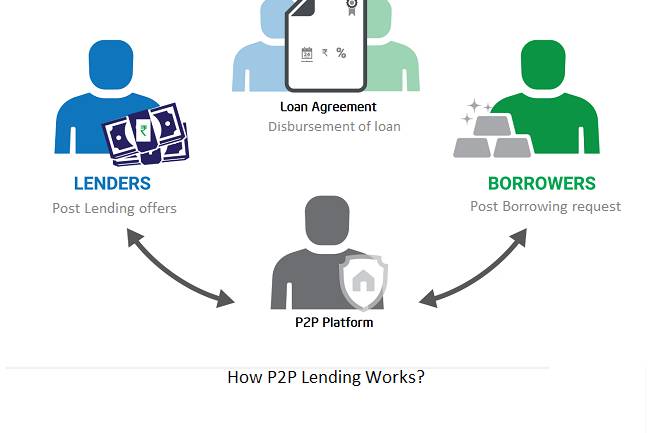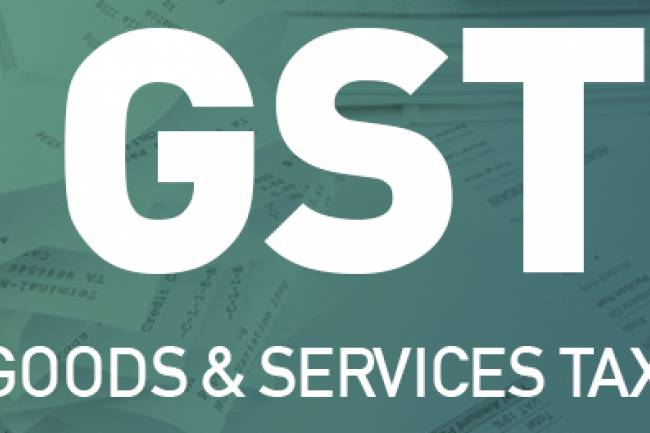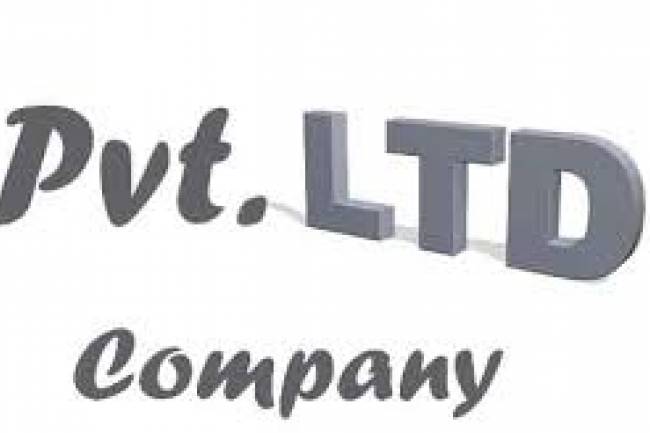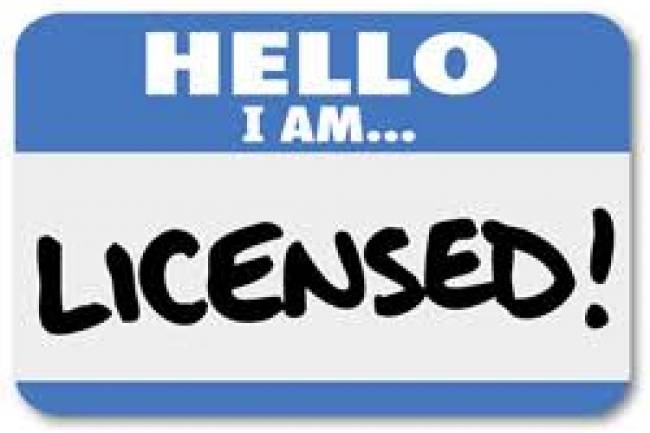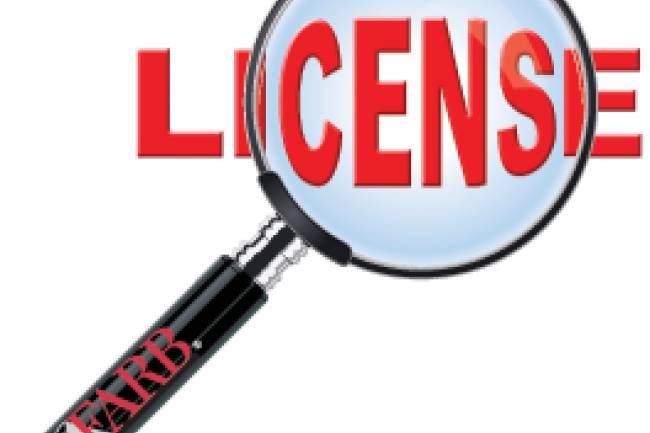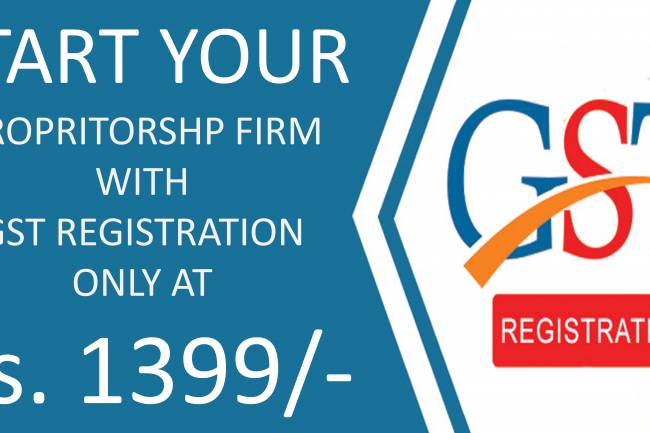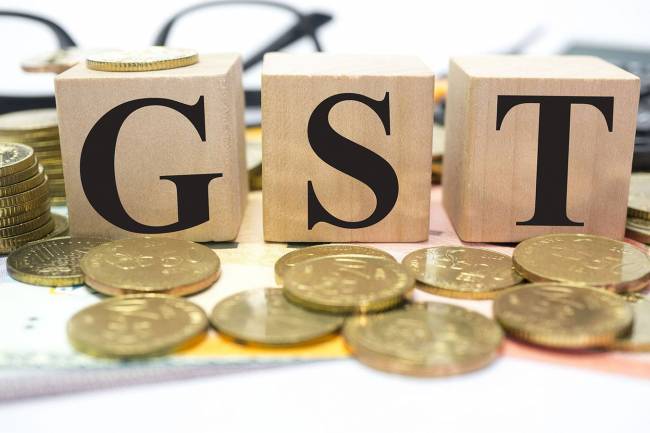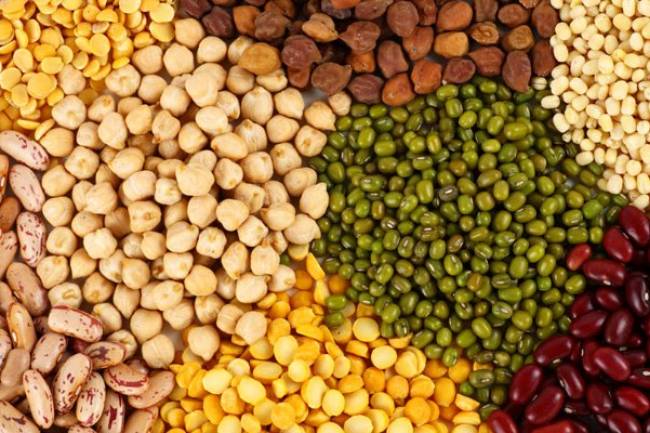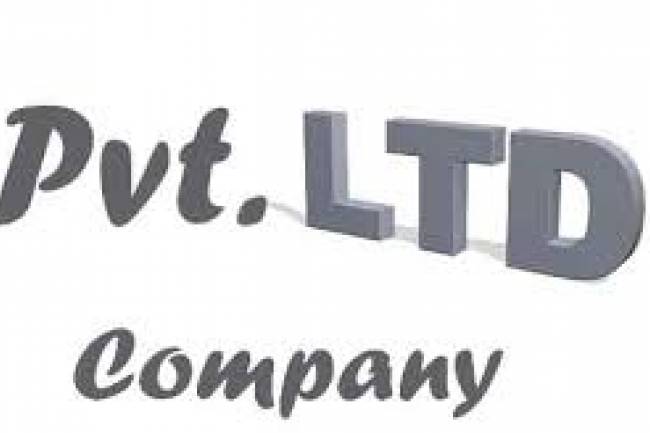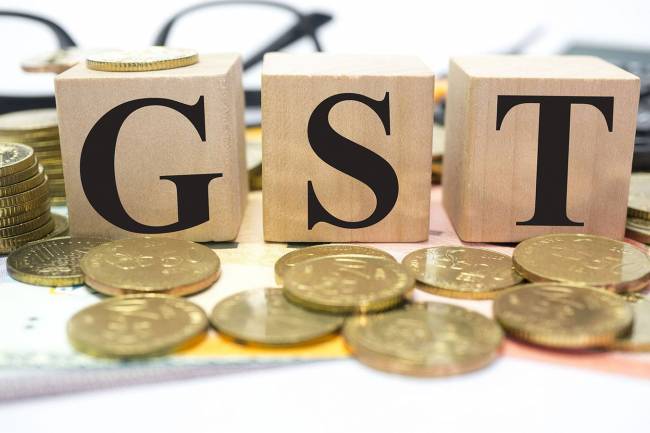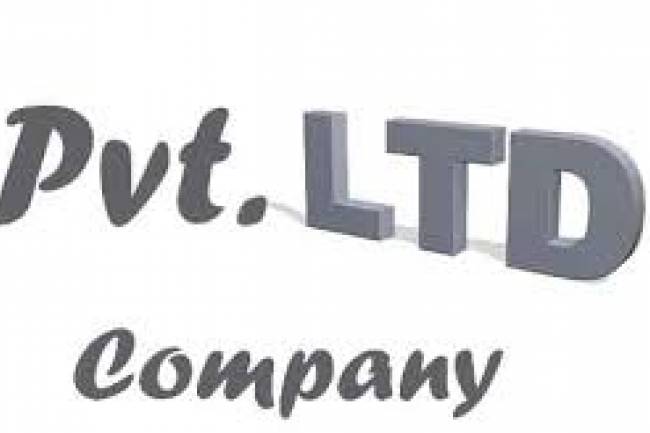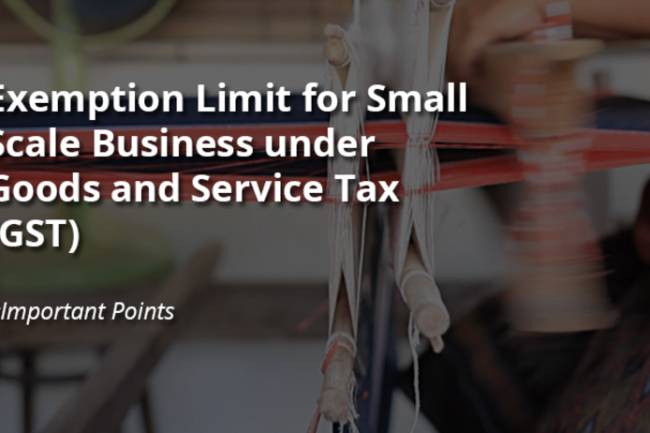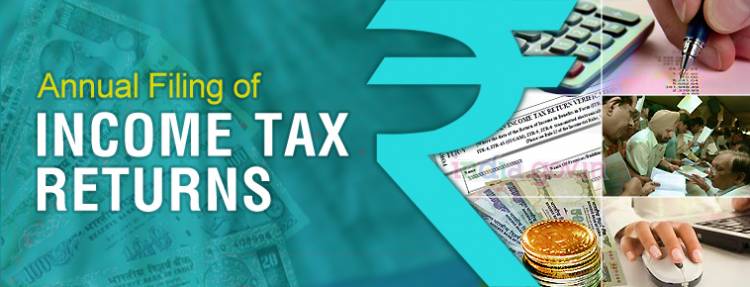
FY 2016-17 is about to end. What needs to be done if you haven’t planned your tax savings yet.
Life Insurance – For individuals planning tax savings at this time of year must go for Life Insurance scheme for himself, their spouse or any child. The amount of premium is eligible for tax saving for all the life insurance policies bought. Types of Life Insurance policies:
i. Unit Linked Insurance Plans (ULIPS):
ULIPs are insurance-cum-investment plans which allow policy holders to choose life insurance policy according to investment of policy fund in equity and/or debt instruments. These policies have a minimum 5-year lock-in period, and also have a minimum premium paying term of 5 years as per IRDA (Insurance Regulatory and development Authority).
Such policy is tax free (exempt) as per the provisions of Section 10(10D) of the Income Tax Act at the time of maturity.
ii. Endowment Plans
An endowment policy is a life insurance contract designed to pay a lump sum after a specific term (on its ‘maturity’) or on death. It is protection along with Investment policy. Such plans offer death and maturity benefits and some policies also pay out in the case of critical illness.
iii. Term Plans
Term insurance plans only provide protection for the term specified in the policy document. For the same amount of sum assured, the premium charged by term insurance plans is much less than the endowment plans. The only drawback is that maturity amount of Term Insurance is payable to Nominee only after death of policy holder. In case policyholder lives then there is no encashment of policy.
Pension Plans – Pension Plans are called protection plans. They secure the individual’s family financial situation after retirement of individual and his family.
The interest and one third of the maturity amount received under this scheme is tax free.
National Pension System is available for both Government employees and for people in the unorganized (private) sector. It is noteworthy that the deduction under Section 80CCD (pension scheme) can be claimed over and above the permissible limit of 1,50,000 under Section 80C only if the employer contributes to employee for NPS – Section 80 CCD and directly deposit such amount in PPF account.
Mutual Funds- Equity-linked savings scheme (ELSS) also known as Tax saving Mutual funds, qualify for tax benefits. They are invested in stock markets, among other assets, and are more suited for investors with medium to high risk appetite. Investments are locked in for three years. The proceeds on death / maturity are tax-free under Section 10(D).
Tuition Fees – Any sum paid as tuition fee to any school, university, college or other educational institution (excluding development fees or donation payment) is allowed for tax saving under Sec 80C.
Under TAX SAVING of Sec 80C, there are several internal investment areas which should be choose upon wisely.
- Investment in Tax Saving Fixed Deposit vs PPF
| Particulars | Tax Saving Fixed Deposit | PPF |
| Maturity | 5 years | 15 years |
| Deduction available u/s 80C | Rs, 1,50,000 | Rs. 1,50,000 |
| Interest Rate | Fixed by the Bank* | Fixed by the Govt* |
| Tax on Interest earned | Yes, As per Income Tax Slab Rate | Exempt |
| Premature Withdrawal Facility | Allowed but 1% less interest rate is payable on such amount
|
Available from 5th year onwards
but only to a certain extent |
| Loan Facility | Allowed | Can be availed from 3rd year
onwards |
- Deduction of Principal of Housing Loan and its Interest
| Particulars | Section 24 | Section 80C |
| Allowance of Tax Deduction | Interest | Principal |
| Basis of Tax Deduction | Accrual basis | Paid basis |
| Deduction allowed | Rs. 2,00,000 | Rs. 1,50,000 |
| Purpose of Loan | Purchase/Construction/ Repair/ Renewal/Reconstruction of a Residential House Property. | Purchase/Construction of a new House Property |
- TAX SAVING under Sec 80D on Income amounting 25,000 and 30,000
Individual – Health insurance/ Mediclaim premium paid for Self, Spouse or dependent children allows a Maximum deduction Rs 25,000. In case any of the persons specified above is a senior citizen (i.e. 60 years or more) then Mediclaim Insurance premium is paid for such senior citizen, deduction amount is enhanced to Rs. 30,000. For uninsured super senior citizens (more than 80 years old) medical expenditure incurred up to Rs 30,000 shall be allowed. An Additional deduction for the Mediclaim premium paid for parents is provided at Rs 25,000 and in case they are senior citizens deduction amount is enhanced to Rs. 30,000.
HUF – Mediclaim premium paid for any member of the HUF allows deduction of Rs 25,000 and in case of senior citizen amount is enhanced to Rs. 30,000.
Also, If the policyholder pays Rs 25,000 as premium on his own policy and Rs 30,000 for his parent, a senior citizen, he can claim tax benefit of Rs 55,000 (Rs 15,000+20,000). Maturity value is tax free for sum received under critical illness insurance policies policies.
- TAX SAVING under Sec 80E on Income amounting Interest Paid
The whole amount of interest paid on loan which is taken for pursuing higher education)by Individual assessee himself or any of his relatives) from any financial institution or charitable institution is eligible for tax deduction which leads to tax saving.
- TAX SAVING under Sec 80G on Donations
Depending upon the institution to which the donations are made the amount is eligible for a deduction upto 50% / 100%,
- TAX SAVING under Sec 80TTA on Interest on Savings Bank Account
It provides deduction up to Rs. 10,000/- to an Individual/ HUF from Gross Total Income towards Interest on Bank or banking company [saving bank A/c (not being time deposits)], Co-operative society engaged in carrying on the banking business and as specified and Post office savings account.
If interest earned is more than 10,000 then balance amount will be taxable as before i.e considered as Income from Sources and taxed as per your slab rate.
This section is separate Tax Saving benefit allowed to assesses other than the limit of Sec 80C.
Other than deploying funds in Tax investment avenues there are following other methods for Tax Saving which can be done before closure of books at the year end-
- Tax Saving by Forming HUF– Basically the logic behind forming an HUF is to avail benefit of an extra PAN Card legally. As the Income of the Family is not taxed in the hands of any specific Individual, a new PAN Card is allotted to the HUF and Tax would be paid by the Family using this PAN Card. As a new PAN Card would be allotted to the whole family, it will also enjoy the benefits of Income Tax Slab Rates i.e. Income would be Tax Free up to the specified limits and would then be taxed progressively at 10%, 20% & 30% resulting in tax saving.
- Capital gains- Avoid payment of long-term capital gains tax by investing the amount receive from sale of long term capital (as defined in the income tax act) in capital gains bonds such as NHAI or REC or investing in another property in accordance with section 54EC / Section 54 (Income under Capital Gain) of the Act in case of sale of another residential house property.
- Most of the Employers have a fixed salary structure and therefore changing the structure is very difficult however, in case your employer agrees to change the Salary Structure by including tools like HRA, Medical Reimbursement, Travel Allowance etc, you can make use of it for reducing the incidences of Tax resulting in tax Saving.
- Prepay expenses – if there are any expenses that you need to incur in July, do it now before 31March, 2016 if the cashflow allows for it.
- Outstanding Expenses- Settlement of outstanding expenses ia another type of Tax Saving.
- Pay for all the Membership fees, Union fees, Association fees & Subscription/Trade Journal this will reduce the Income taken for calculation of tax liability.
Visit HireCA.com Now


